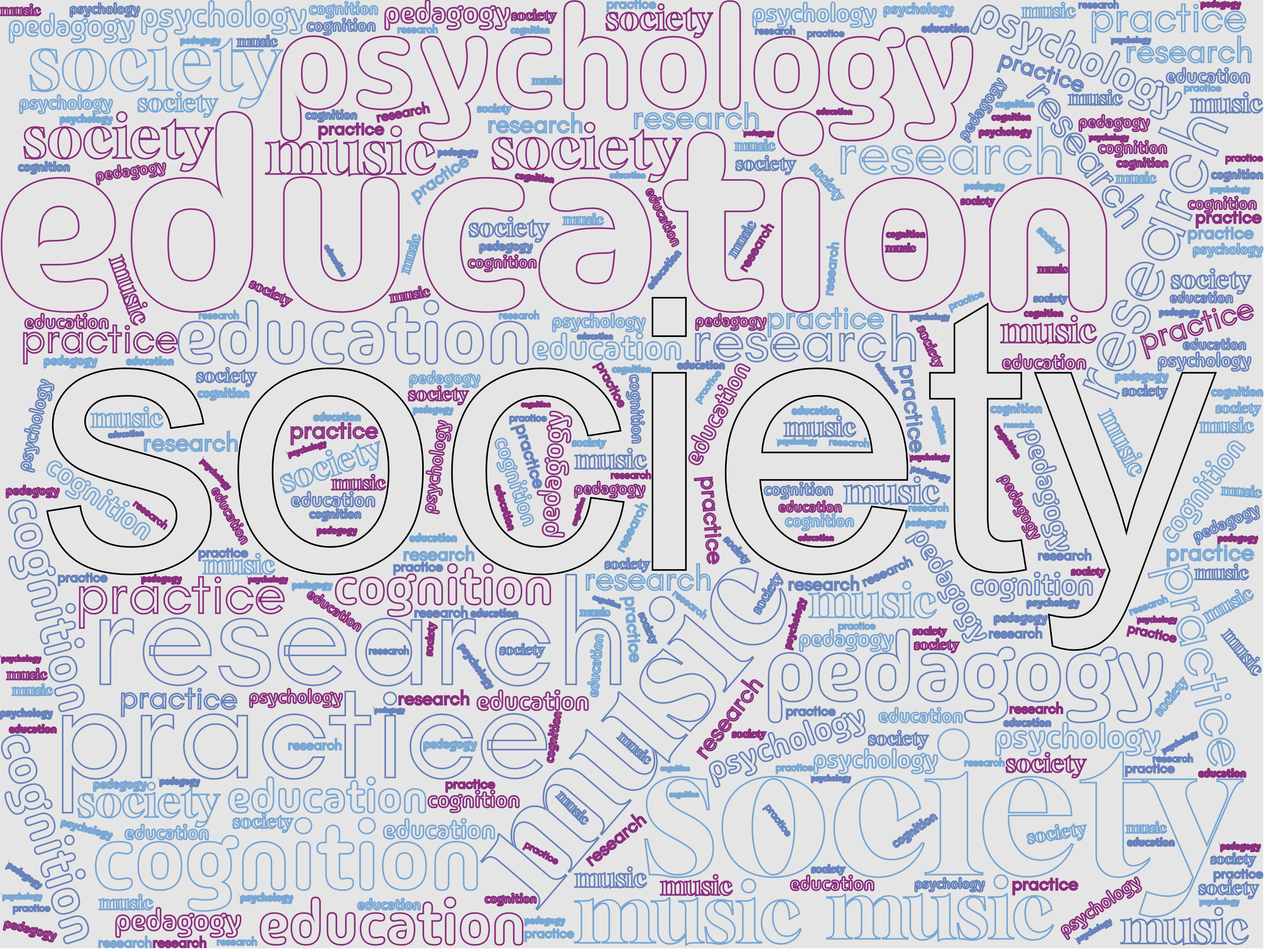Introduction
 This doctoral research project investigates how motivation operates in live, one-to-one online instrumental teaching. Using Self-Determination Theory (SDT) and Transactional Distance Theory (TDT) as guiding frameworks, it explores how communication, autonomy, and teacher-student relationships shape engagement and learning outcomes.
This doctoral research project investigates how motivation operates in live, one-to-one online instrumental teaching. Using Self-Determination Theory (SDT) and Transactional Distance Theory (TDT) as guiding frameworks, it explores how communication, autonomy, and teacher-student relationships shape engagement and learning outcomes.
The goal is to identify effective strategies that make online instrumental teaching motivationally rich and pedagogically sound, contributing to a best-practice model for educators and learners alike.
- Conducted at the UCL Institute of Education
- Supervisor: Professor Evangelos Himonides
- Researcher: Jo Morgan
- Survey for Teachers: https://forms.office.com/e/9cg60p0kG0
- Survey for Students: https://forms.office.com/e/XxEvS7VkVF
About the Study
Online instrumental teaching became a global necessity during the COVID-19 pandemic — and it continues to reshape music education today. This study explores how both teachers and adult students experience motivation in synchronous online lessons, with a focus on what helps maintain engagement, confidence, and connection when teaching remotely.
The project has two phases:
- Online survey: exploring teacher and student experiences of motivation and engagement
- Follow-up interviews and lesson observations: deepening understanding of strategies and challenges
Your participation will help develop evidence-based strategies for motivating and engaging students in digital environments — ensuring that online learning remains meaningful, connected, and effective.
Theoretical Framework
This project integrates two complementary perspectives:
Self-Determination Theory (SDT) – Deci & Ryan (1985)
SDT proposes that motivation and well-being depend on three key psychological needs:
- Autonomy – a sense of ownership and choice
- Competence – a sense of mastery and capability
- Relatedness – a sense of connection and belonging
Transactional Distance Theory (TDT) – Moore (1993)
TDT explains how dialogue, structure, and learner autonomy interact in distance education. It focuses on reducing the psychological distance between teacher and student by increasing interaction, feedback, and responsiveness.
Together, these frameworks offer insight into how teachers can reduce perceived distance while supporting motivation and agency in online instrumental lessons.
Participants
You are invited to take part in this study if you are:
- An instrumental teacher or adult student (aged 18 or over)
- Currently or previously involved in live, synchronous online lessons (e.g., via Zoom, Teams, Skype, etc.)
What Participation Involves
For Phase 1, participation means completing a short online survey about your experiences of motivation, engagement, and teaching strategies in online instrumental lessons.
Responses are anonymous, and participation is entirely voluntary — you may skip questions or withdraw at any time without consequence.
There are no anticipated risks to participation. While there are no immediate personal benefits, your input will contribute to developing best-practice models that may benefit teachers and students across the field.
- Survey for Teachers: https://forms.office.com/e/9cg60p0kG0
- Survey for Students: https://forms.office.com/e/XxEvS7VkVF
Ethics and Data Protection
This project follows the BERA Ethical Guidelines for Educational Research (2024) and has been approved by the UCL Institute of Education Doctoral Research Ethics Committee.
- The study is conducted under UCL’s Data Protection Policy
- No personal identifiers will be recorded; data will be anonymised or pseudonymised where possible
- The data controller is University College London (UCL)
- UCL Data Protection Registration Number: Z6364106/2024/09/76 social research
If you have concerns about data handling, you may contact UCL’s Data Protection Officer:
The findings will form part of a doctoral thesis deposited in the UCL Library and British Library’s ETHOS repository.
Contact
For questions, feedback, or further information:
- Jo Morgan MA
- Doctoral Researcher, UCL Institute of Education
- 20 Bedford Way, London WC1H 0AL
This email address is being protected from spambots. You need JavaScript enabled to view it. - Supervisor: Professor Evangelos Himonides
This email address is being protected from spambots. You need JavaScript enabled to view it.

